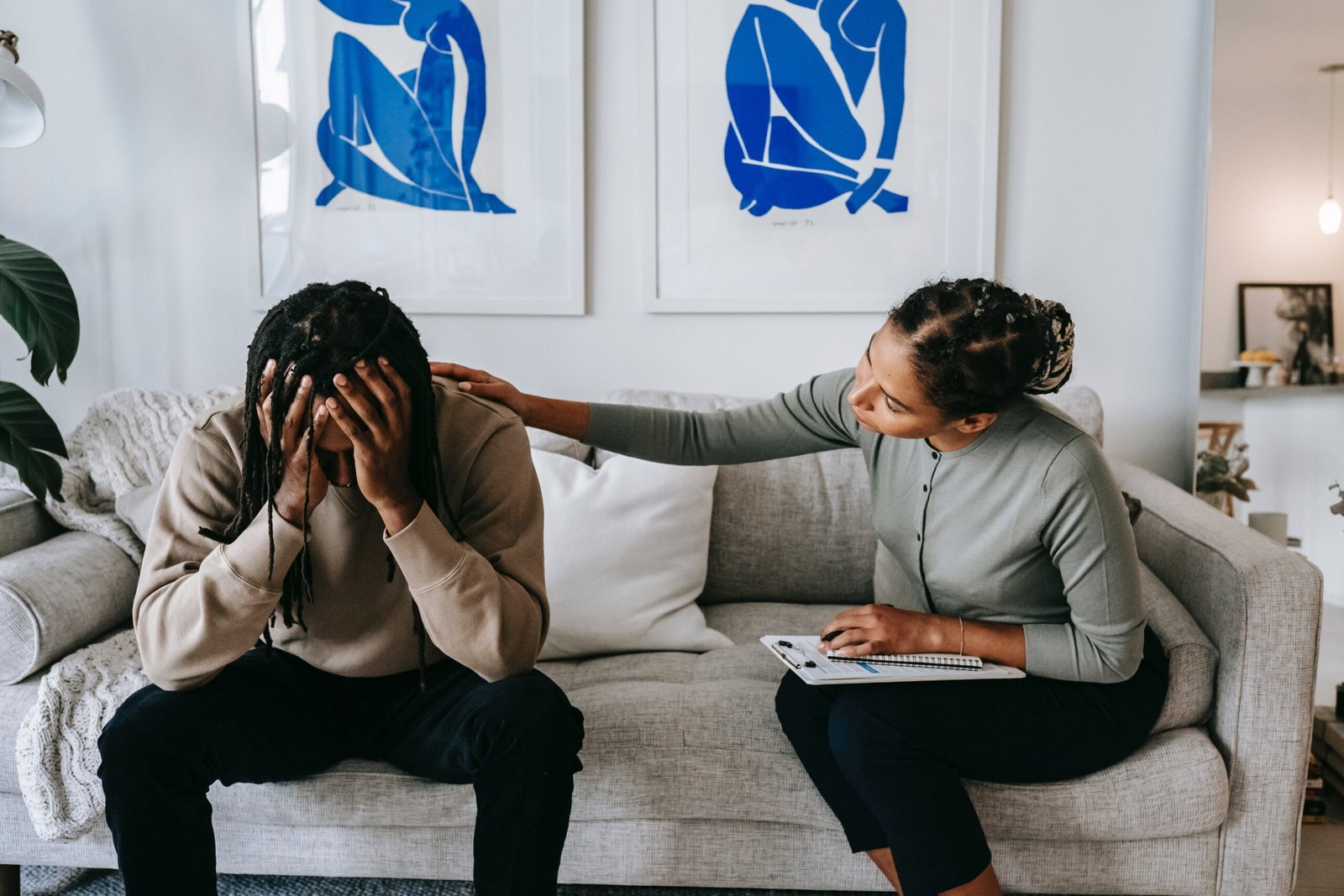Paula Dsouza talks to Dr Kersi Chavda about today’s misconceptions of love and discovers what genuine love is all about!
Falling in love… it is supposed to be romantic and magical, but also something that is expected of us. It is almost a necessity and not having a partner beyond a certain age becomes a cause for harsh judgement. And that’s a major reason people try to force it, or settle for what they believe is love. Of late, people often build relationships on love misconstrued, based on allure or opulence. What then becomes of ‘true love’? Do we henceforth try to look for it, for what love is? Or do we settle for what modern dating has deemed to be ‘in love’?
Let’s take a closer look at the type of relationships that we allow ourselves to fall into.
The Operation

The ‘I can fix them’ kind of love. Initially, at the surface level, it may seem vividly harmless. After all, how could the need to be nurturing and caring be a problem? Until it is. It recurrently camouflages itself with optimism and the blissfully ignorant desire to be the catalyst to change. A change that is believed to be certain to happen. Dr Kersi Chavda, Consultant Psychiatrist at Hinduja Hospital, Mumbai, says, “We get into a situation where you land up being more parents rather than the boyfriend or the girlfriend.” He goes on to talk about how resentment is often the outcome of this kind of relationship, and how for the other person, the abundance of expectation is relentlessly overwhelming. Time and again, this kind of love simply lacks sustainability unless it is altered entirely; however, that outcome seems to be improbable.
“A lot of people stick it out because they don’t want to be alone, but over
time people do get over it and end the relationship. It’s very rare that you get a relationship that lasts with the first person that you are with.” – Dr Kersi Chavda
The Fantasy

Oftentimes the half-baked romantic-like love is your first love. The newness of the concept becomes so appealing in the sense that it tends to become more about fully delving into the feeling of love and what it is as opposed to creating a relationship based on practicality along with the romance that comes with it. As for the longevity of such a relationship, Dr Chavda believes that, “A lot of people stick it out because they don’t want to be alone, but over time, people do get over it and end the relationship. It’s very rare that you get a relationship that lasts with the first person that you are with.”
The Insurgency

The false revolutionary as some may say typically involves falling for a rebellious kind of person. Someone who has a kind of mystery and allure to them and being in an apparent relationship with them seems exciting and adventurous. Dr Chavda says, “Especially if you come from a very conservative background then that’s very exciting – not to bother about rules and not to listen to what your parents say.” However, usually, this doesn’t work and pragmatically speaking isn’t what love truly looks like because sustaining a constant need for excitement or simply being continually rebellious isn’t realistic relationship-wise.
The Situationship

The physicality of a relationship often has a drastic impact on the minds of the people in the relationship. Due to the release of oxytocin, which is a feel-good hormone that is released post-sexual activity, the brain gets tricked into believing that said feeling is love. That truly isn’t the case. Dr Chavda agrees by saying, “They get in a relationship just for that, to get the high, which comes with physical relationships.” However, he goes on to explain that just as it is improbable that a physical-less relationship will sustain, it is just as improbable that one without communication and emotion will.
“In a relationship, each of you continues to grow individually alongside each other. And that is the most important part.”- Dr Kersi Chavda
The Bias

This kind of love lends itself to being called ‘the invalid plausible denier’. In such a situation, the very basis of someone’s attraction to another is based on opulence. This could be with regard to money, beauty or fame – to name a few. People tend to vocalise that they are in love; however, it may all simply be a bias.
But even though a relationship entirely based on opulence may lack sustenance, certain kinds of opulence can definitely be a bonus, like money and beauty for instance, as Dr Chavda adds, “I don’t think that one should downplay those two, even though, you know, the romantics would say you should fall in love with a person in terms of qualities rather than his or her physicality. There’s probably a combination of both, which is very crucial in terms of maintenance of a relationship.”
What Is Love?
To put it simply, real or true love is that which lacks misconception and deceptions. What it isn’t is whimsical, loud and glorified. The reality is falling in love and being in a relationship a lot of the time isn’t as fantastical as it is depicted to be. It’s heavy and raw. Dr Chavda asserts, “You kind of accept that nobody is perfect. And also accept that you are not perfect. In a relationship, each of you continues to grow individually alongside each other. And that is the most important part. You both grow together, both grow individually. You both accept that there will be faults. Provided most of the time you are happier being with a person rather than happier being alone, then I think you are on a good wicket.”











